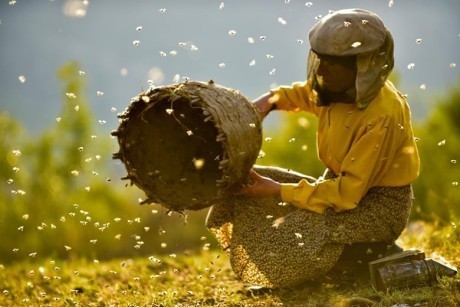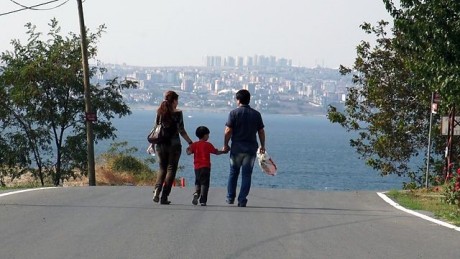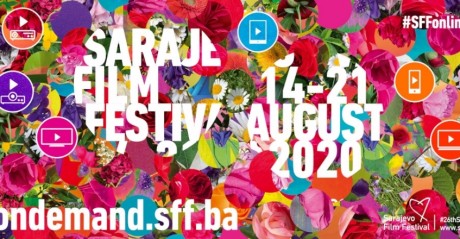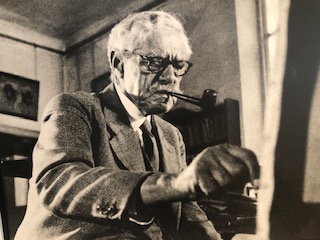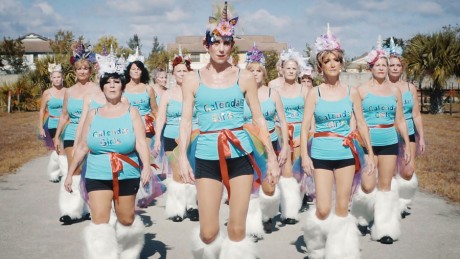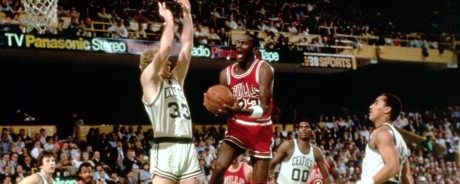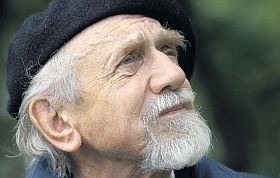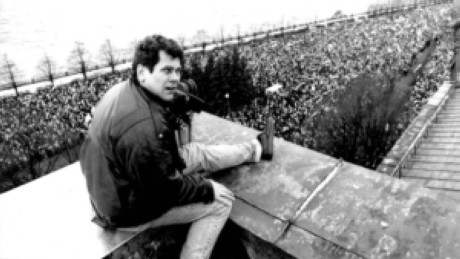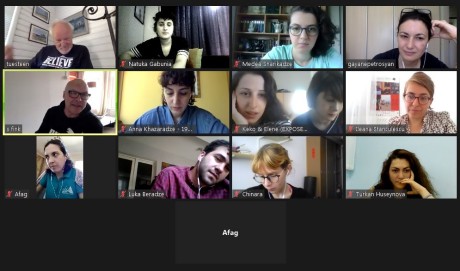Fotografen Finn Larsen rejser, ser og tænker sit og fotograferer eller er hjemme i Malmø, ser og tænker sit og fotograferer og han laver udstillinger og bøger med materialet. Hans seneste arbejde er Dumpen en udstilling som vises på Ilulissat Kunstmuseum denne sommer. Den handler om byernes håndtering af affald. Her er der skildret i Grønland, men i eftertanken mange steder i nordiske lande. Finn Larsen har imidlertid arbejdet med grønlandske emner siden 1991 og han har besøgt landet mere end 30 gange og han skriver i sin indbydelse:
“… Jeg har mest opholdt mig i Sydgrønland, men i 2001, 2011 og 2019 har jeg besøgt ni byer på Grønlands vestkyst på månedslange rejser – fra Ilulissat i nord til Nanortalik i syd. Jeg har således besøgt og genbesøgt ni af de største dumpe mindst tre gange på knap tyve år. Et par af dem har jeg besøgt så mange gange, at jeg ikke har tal på det. ” Og Finn Larsen skriver en omhyggelig og interessant introduktion til udstillingen hvor han fortæller om sin metode i det hele taget:
”Jeg interesserer mig for, hvordan tillærte forestillinger stiller sig i vejen for, at vi kan se det, der faktisk er at se.
Derfor er hele mit arbejde en bestræbelse på at se udenom gængse billeder af et givet sted for at kunne få øje på det, der også er at se…
Min metode er blevet at genbesøge bestemte steder gang på gang for at se, hvordan de ændrer sig over tid. Og i øvrigt forsøge at skaffe mig mest mulig viden.
Urbanisering, boligblokke, haver og træer var nogle af de ting, jeg så, da jeg forsøgte at se uden om det gængse Grønlandsbillede.
Og så Dumpen, som er temaet for min udstilling på Ilulissat Kunstmuseum denne sommer.
Jeg har arbejdet med Grønland siden 1991, og har besøgt landet mere end 30 gange.
Jeg har mest opholdt mig i Sydgrønland, men i 2001, 2011 og 2019 har jeg besøgt ni byer på Grønlands vestkyst på månedslange rejser – fra Ilulissat i nord til Nanortalik i syd.
Jeg har således besøgt og genbesøgt ni af de største dumpe mindst tre gange på knap tyve år. Et par af dem har jeg besøgt så mange gange, at jeg ikke har tal på det.
Jeg har gravet mig ned i de sidste 20-30 års tilstandsrapporter og handlingsplaner for affaldet, og jeg har fulgt med i den offentlige diskussion. Jeg ved i dag mere om Grønlands affaldssituation som helhed end de fleste, og trods handlingsplanerne har jeg ikke kunnet se nogen forskel fra 2001 til 2019 – ud over at bjergene af blandet affald er vokset. Med koncentrerede bunker af flasker, batterier, træflis og baller af presset pap hist og pist mellem virvaret af madrester, olietønder, jernskrot, glasfiberbåde, asbest, fiskegarn, elektronik og så videre.
Ifølge loven skal forureneren betale – men i praksis er det stadig gratis at dumpe hvad som helst hvor som helst på Dumpen.
Hvorfor er det kommet til at se sådan ud og hvad betyder det?
Den grønlandske affaldssituation er næppe principielt anderledes end affaldssituationen i de øvrige nordiske lande. Den er bare værre og især mere synlig.
Den måde, vi har indrettet vore moderne forbrugersamfund på, betyder, at vi hele tiden utilsigtet efterlader noget, som skader grundlaget for vores og andre organismers eksistens – klimagasser, som forurener atmosfæren og alle mulige kemiske og fysiske forureninger på jorden.
Det hænger på mange niveauer sammen med udvikling af økonomi og samfund. Det er vor tids brændende aktuelle spørgsmål, som kræver vores engagement, og at vi kan holde mere end én tanke og mere ét billede i hovedet ad gangen.
Min ambition er at give verden andre billeder og stof til at tænke andre tanker med.”
Udstillingen kan ses på Ilulissat Kunstmuseum indtil 14. auguat 2020.
VIDEO
Der indgår en ældre video i udstillingen: Dumpen – voksende bjerge af affald i Grønland, 2012, 26 minutter. Foto: Finn Larsen. Redigering: Jeanette Land Schou. Musik: Jens Hendriksen.
https://www.youtube.com/watch?v=cta1-rrX6Xs&feature=youtu.be
Filmen viser hvordan det ser ud på 18 lossepladser i Grønland. “Dump” er det danske ord som i Grønland bruges for ”losseplads”.
FOTO
Finn Larsen: Dumpen og landskabet.
LINKS
www.filmkommentaren.dk/blog/blogpost/3775/ (Finn Larsen: The Dump)
http://www.filmkommentaren.dk/blog/blogpost/3605/ (Om Finn Larsens fotografier og udstillinger)



